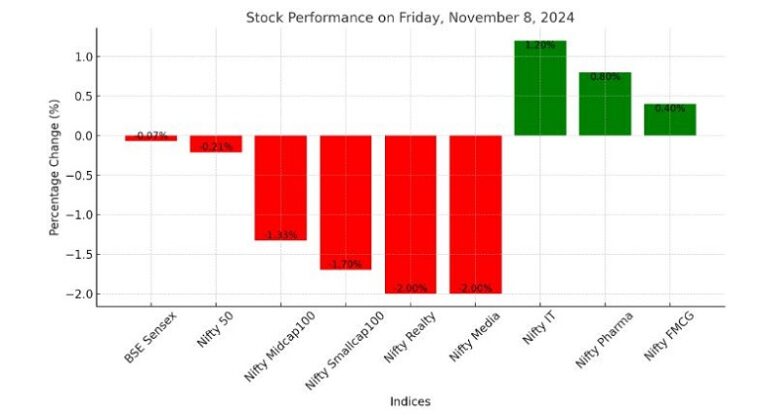By-Akriti Mehrotra, Research Analyst, StoxBox
– Hindustan Unilever Ltd. posted consolidated revenues of Rs. 15,926 crores (up 1.4% QoQ / up 1.9% YoY) but misses market estimates. This was primarily due to moderating growth in FMCG demand in urban markets, while rural areas continued to recover gradually.
– The company reported consolidated EBITDA of Rs. 3,793 crores (up 1.3% QoQ / down -0.1% YoY). The company reported an EBITDA margin of 23.8% in Q2FY25 compared to 23.8% posted in the previous quarter and 24.3% in the year ago period.
– PAT stood at Rs. 2,595 crores compared to Rs. 2,612 crores in the previous quarter and Rs. 2,657 crores in Q2FY24. PAT came marginally lower than the street estimates.
– The home care segment reported a segmental margin of 19.4%, with underlying sales growing by 8% and high-single-digit volume growth. Growth was broad-based, with both fabric wash and household care sub-segments achieving high-single-digit volume increases. The liquids portfolio outperformed, achieving strong double-digit volume growth, driven by the expansion of Rin liquid and entry into the floor cleaner market with a superior product under the Vim brand. Additionally, the market development journey in fabric enhancers was supported by the launch of Comfort beads.
– The Beauty & Wellbeing segment achieved 7% sales growth (1% reported) and mid-single-digit volume growth, with a segmental margin of 26%. Hair care saw high-single-digit growth, led by Sunsilk and Tresemme, while skin care and colour cosmetics delivered mid-single-digit growth, bolstered by several new product launches like Tresemme’s Lamellar Gloss range, Ponds’ Hydra Miracle Body Gel Lotion, and Lakme’s trendy Lip Oil and Lip Glaze collection.
– The Personal Care segment experienced a 5% sales decline due to negative pricing and low volume drop. However, the premium portfolio performed well, with body wash achieving high double-digit growth and Closeup leading the oral care category effectively. Leveraging WiMI strategy, Lux launched a superior range of Sandalwood soap and body wash during the quarter.
– The Foods & Refreshment segment reported a segmental margin of 18.1%. Sales declined by 2%, driven by low-single-digit volume decline. Tea strengthened its market leadership, while coffee grew in double digits. Nutrition drinks gained market share, though overall consumption remained subdued. The foods category posted low-single-digit volume growth, supported by strong performance in Food Solutions, Mayonnaise, Peanut Butter, and International sauces due to market development actions and distribution expansion. Ice cream maintained its volume compared to last year, with new launches including Horlicks Rs. 10 sachet, Diabetes Plus chocolate flavour, Knorr’s Korean Kimchi Soup and Kissan’s 100% Fruit based spread.
– The company announced a total dividend of Rs. 29 per share, comprising an interim dividend of Rs. 19 per share and a special dividend of Rs. 10 per share.
View:
Hindustan Unilever Limited reported a weak performance in Q2FY25, with key metrics declining due to subdued demand in the FMCG sector, particularly from moderation in urban consumption. While rural markets are gradually recovering, volume growth across segments remained low to negative, impacted by inflation and heightened competition. The premium segment continued to outperform the mass market, reflecting a shift in consumer preferences. The company plans to separate its ice cream business, which contributes approximately 3% to overall revenue, to maximize shareholder value while minimizing disruption. Options for separation include outright sale or demerger, given the sector’s high growth but low-margin profile. Looking ahead, HUL aims to enhance its e-commerce presence for the festive season and anticipates low-single-digit price growth. This strategic focus on growth areas, combined with easing consumer price inflation and expected improvements in rural wages, positions HUL favorably for future demand recovery. Additionally, the company’s current valuation remains attractive compared to historical averages, suggesting potential for medium- to long-term recovery. Management will closely monitor the gradual recovery in consumer demand moving forward.


+ There are no comments
Add yours